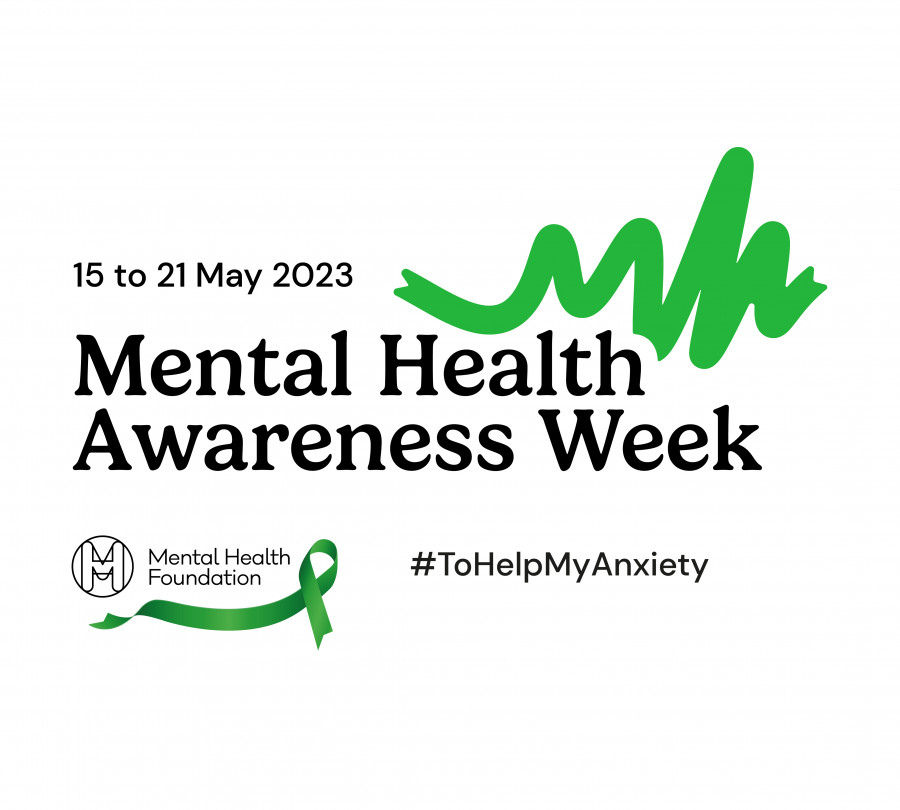Anxiety is a very normal human emotion that we have all experienced from time to time. Many things can contribute to feelings of anxiety, like relationships, job pressures, financial instability, and any other big life events or changes. Whilst it is normal to experience ebbs and flows in life when it comes to your mental health, sometime
The Mental Health Foundation has chosen to focus on anxiety with the hope of increasing awareness and understanding of the issue and providing resources to help people cope. At the same time, the Mental Health Foundation has goals to keep up the pressure to demand change, making sure that improving mental health is a key priority for both the government and society as a whole.
So, what can we do to help cope with feelings of anxiety?
Deep breathing
There are many different breathing techniques you can use in a moment of anxiety. One of our favourites is called the box breath. You are going to inhale for a count of four, hold at the top for four, exhale for four and hold empty at the bottom for four. If you find holding for four to be too long, you can also try inhaling for six, holding for two exhaling for six, then holding for two.
Exercise
Doing 30 minutes of consistent exercise three to five days per week is shown to help manage symptoms of anxiety and depression. In fact, even 10 to 15 minutes of movement can make a big difference, so let’s get moving!
Focus on sleep
Sleep can be incredibly challenging to prioritise when we are experiencing anxiety. We all know the feeling of lying down at night and having every work problem that needs solving, every upcoming deadline and every cringey thing you’ve ever said running through your head. When this happens, try the box breath! You’ll be surprised how quickly counting takes your mind off things and eases you into sleep. It is also important to create a routine around sleep. Try to go to bed and wake up at or around the same time each day to get your body used to its unique circadian rhythm.
Get outside
Several studies have shown that anxiety, depression and other mental health issues can be alleviated by spending more time outside. In fact, getting some natural light on our skin and in our eyes within an hour of waking can improve your body’s natural circadian rhythm, making it easier to fall asleep in the evenings. Taking a 30 minute walk outside first thing in the morning can tackle three of these suggestions in one!
Eat a balanced diet
We all know the importance of a balanced diet at this point, but sometimes it can be so challenging to commit to, especially when we are struggling with our mental health. That is when it is even more important to focus on what we can control. Try aiming for 5 servings of fruits and veg, at least one gram of protein per kilo of bodyweight, a few servings of whole grains and 2 litres of water per day. Your body and your mind will thank you for it!
Connect with others
In an age where people are more connected online than in real life, human connection is more important than ever. In fact, with 1 in 6 people in the UK experiencing mental health concerns, chances are your friends and family know what it is like and can be used as both a resource and support system. Share how you are feeling with your loved ones and you just might be surprised at the level of shared experience.
Speak to your GP
While lifestyle tips and tricks can be incredibly helpful and should not be ignored, mental health is still a health concern. If you are struggling with anxiety, depression, or any other mental health issues, please utilise the NHS and speak to your GP. They can be helpful in providing resources such as talk therapies, lifestyle changes or even medication. If you or anyone you know could be struggling, please speak to a GP to get the help you need.
You can find more resources at mentalhealth.org.uk




